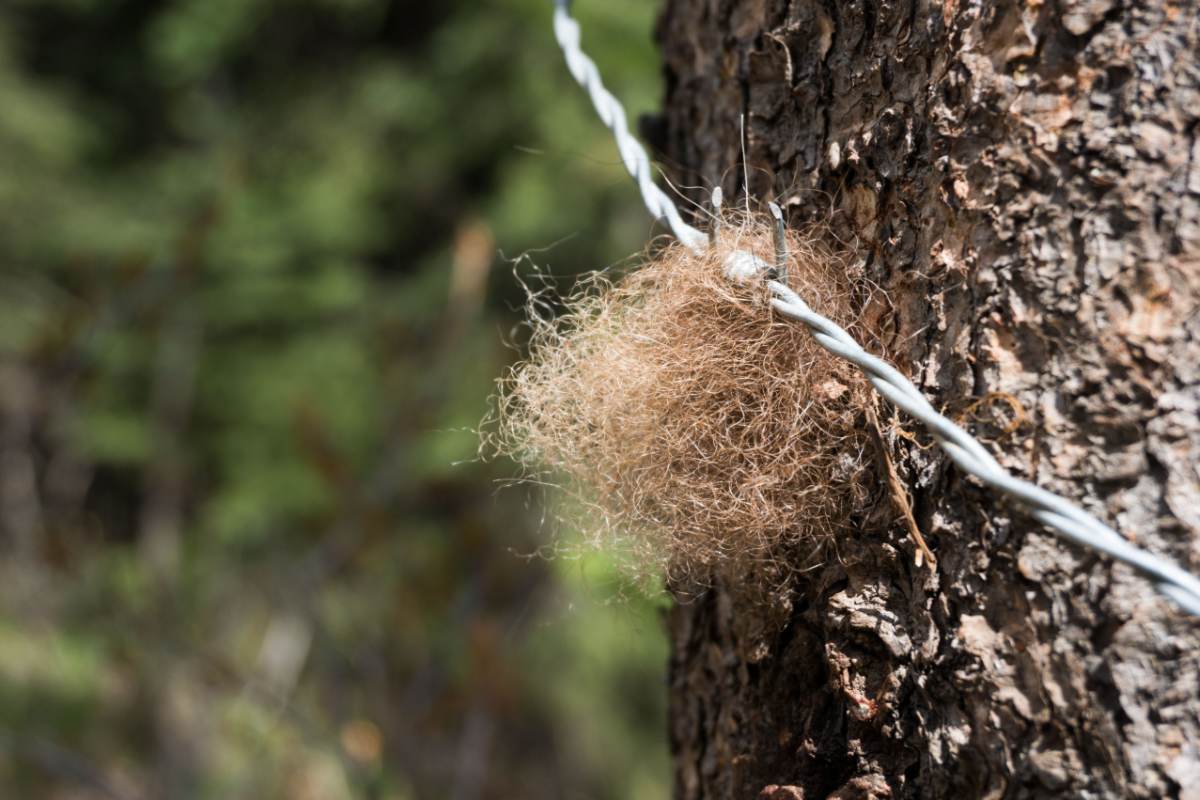Genetic tagging may unlock nature’s secrets and help conserve the world’s wildlife
By University of Alberta
3/26/2019
 Tracking animals using DNA signatures are ideally suited to answer the pressing questions required to conserve the world’s wildlife, providing benefits over invasive methods such as ear tags and collars, according to a new study by University of Alberta biologists.
Tracking animals using DNA signatures are ideally suited to answer the pressing questions required to conserve the world’s wildlife, providing benefits over invasive methods such as ear tags and collars, according to a new study by University of Alberta biologists.
Genetic tagging, or the identification and tracking of individual animals using DNA, is a non-invasive method of conducting research that uses samples from shed hair, feathers, feces, or saliva.
“This method provides a toolkit that can answer many of the pressing questions in ecology and conservation and provides a ‘one-stop-shop’ for getting these answers,” explained Clayton Lamb, PhD candidate and Vanier scholar in the Department of Biological Sciences and lead author on the study. “Other methods would generally need to be combined to acquire similar insight. Genetic tagging approaches are complementary to traditional approaches and add a powerful tool to the ecologists’ toolkit.”
Read more here: https://www.ualberta.ca/science/science-news/2019/march/genetic-tagging-conservation